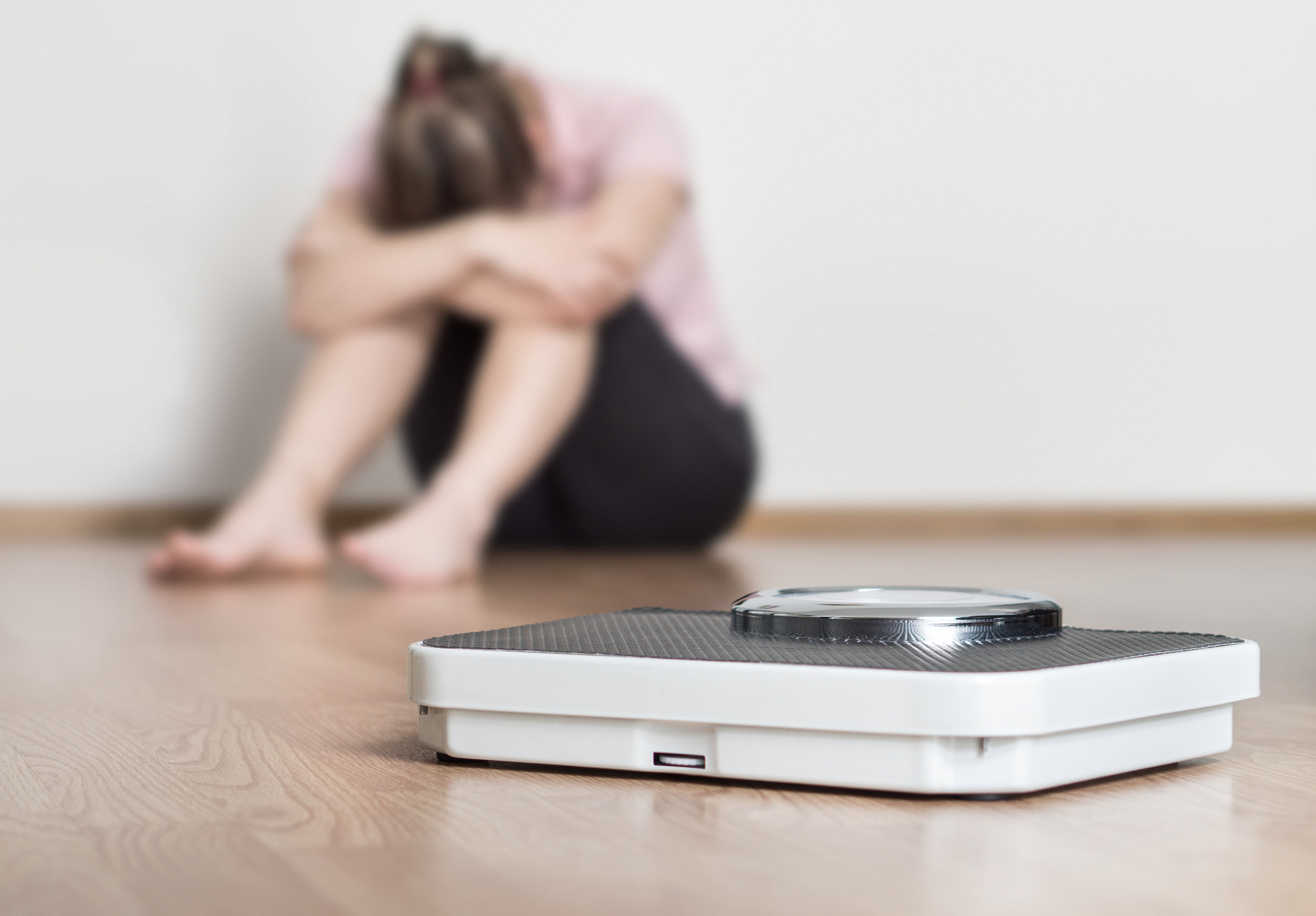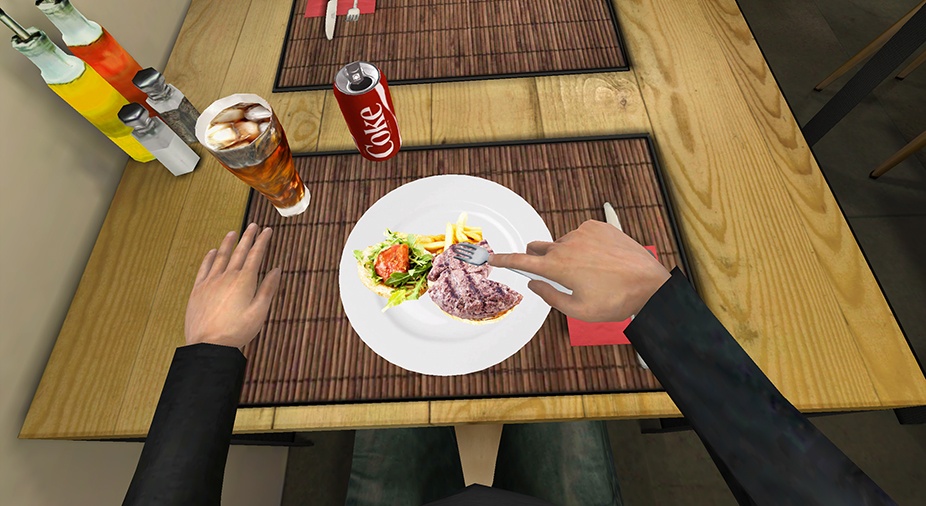
Virtual reality (VR) has established itself as a useful tool for patients with PTSD, pain and anxiety, and is now making an impact on patients with eating disorders. Simulating scenarios that are stressful to those with disorders such as bulimia and anorexia, VR is being used by doctors to significantly reduce behaviors associated with these mental illnesses in their patients.
Created by Psious, there are several VR simulations patients can enter to confront their issues with body image. One of which is the ‘dressing room’ simulation, in which the patient sees a virtual avatar of themself in undergarments. The patient then uses a set of controls to alter the body appearance of the avatar to establish their self-perceived body image. The therapist is then able to insert a virtual image based on the patient’s body measurements to portray the discrepancy between the patient’s perception of their own body, and their actual dimensions.
Another simulation offered takes place in a restaurant setting, where the patient simulates ordering and eating a meal. The scenario is customizable, with menu options including low-fat, ‘standard’, and high-fat meals, as well as diuretic options that are often overconsumed by those with eating disorders. Patients simulate consumption of their meal and can even choose types of conversation to have with a virtual acquaintance (none, neutral or uncomfortable). The goal of this simulation, pictured below, is to guide the patient through a controlled and customized scenario to help them tackle their anxiety.
Dr. Howard Gurr, a physician utilizing this technology, claims that VR is more effective in treating eating disorders than any other treatment option he has used in his 30 years of practice, with VR successfully treating 90% of patients with eating disorders. Other treatment options, such as psychotherapy and cognitive behavioral therapy, yield a 49% success rate in anorexic patients when surveyed six years after treatment. Typically, remission rates of only 44% and 52% are observed in bulimic and anorexic patients the next year, respectively.
“With VR I can control their environment, so I can go through the entire process of desensitizing their anxiety and it’s in my office,” says Dr. Gurr.
The Psious program offers several affordable packages, with a $39 a month plan including 4 sessions, a $99 a month plan with 12 sessions, and a $1,299 a year package offering unlimited sessions.







 © 2025 Mashup Media, LLC, a Formedics Property. All Rights Reserved.
© 2025 Mashup Media, LLC, a Formedics Property. All Rights Reserved.